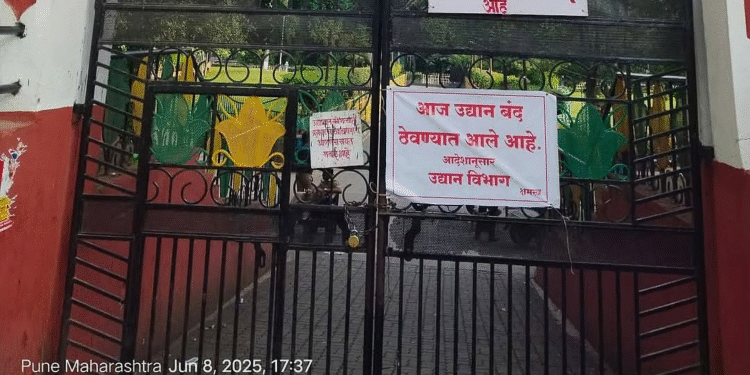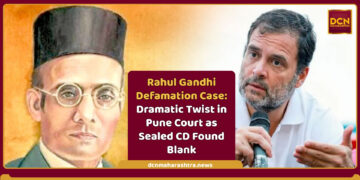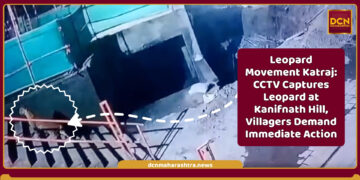Pune: On the second day of Eid, it’s customary for many members of the Muslim community in Pune to spend time with their families at public parks and nearby tourist attractions. However, this year, the Pune Municipal Corporation (PMC) decided to keep the popular Sarasbaug Garden closed, drawing sharp criticism and sparking debate on social media.
The decision came following a letter sent by Pune MP Medha Kulkarni to the Municipal Commissioner, requesting the garden be shut on the day after Eid while ensuring the adjacent Ganesh temple remained accessible to Hindu devotees. Kulkarni’s appeal cited concerns raised by certain Hindu organisations over what they described as the “unwelcome tradition” of Eid celebrations at the garden.
In her letter, Kulkarni stated that the presence of the Muslim community in the area post-Eid, particularly with non-vegetarian food, was offensive to religious sentiments, given the historical significance of the Peshwa-era Ganesh temple located within Sarasbaug. She claimed the gatherings compromise the sanctity of the space and could potentially spark communal tensions, especially since a Hindu group had also planned an event at the same location.
This move has drawn strong backlash from activists and citizens alike. Political activist Zubair Menon voiced his concerns on X (formerly Twitter), accusing PMC of practicing “modern untouchability” and urging progressive Hindus to speak out against the discrimination. “The park is a public space, and selectively closing it based on religious grounds sets a dangerous precedent,” he wrote.
Menon added that the issue is not just about access to a park but represents a broader challenge to communal harmony. “This isn’t something Muslims alone can protest. It requires the solidarity of secular voices from all communities,” he remarked.
The controversy has reignited tensions surrounding Sarasbaug, a location that has previously seen disputes over religious activities. In an earlier incident, Pune Police registered a case against a few individuals for offering Namaz near the temple premises, further illustrating the sensitivity surrounding the area.
As voices on both sides continue to weigh in, many are calling for a balanced approach rooted in inclusivity and mutual respect, rather than exclusion and division.
















